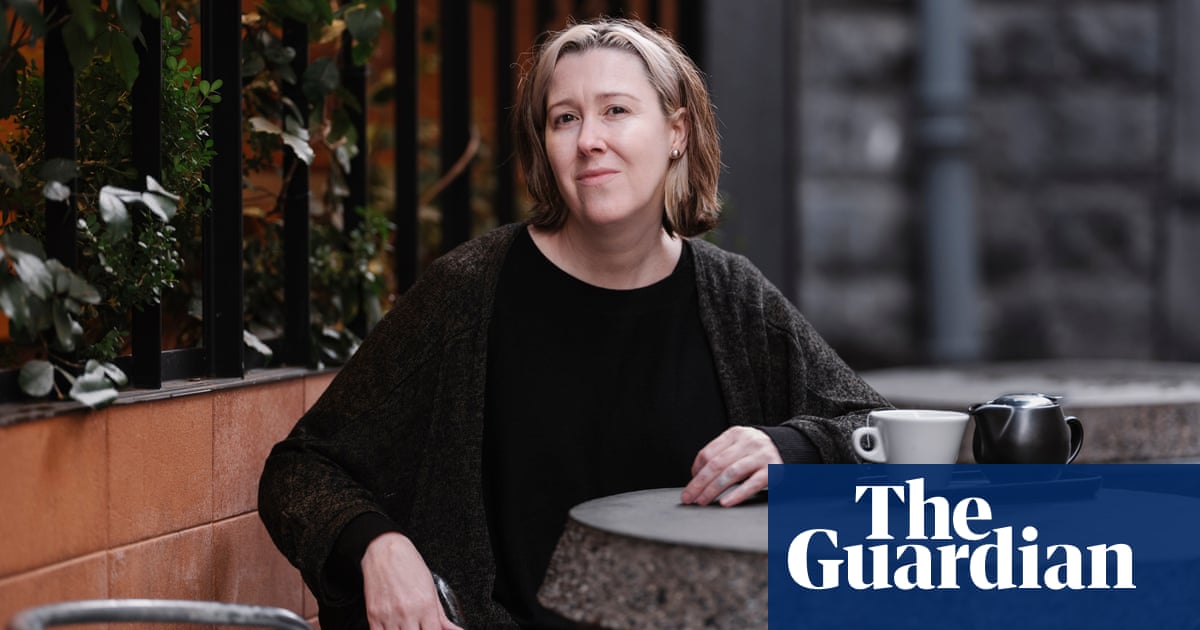Meet the humanists: ‘You don’t have to be Christian to think of yourself as a good person’ - 3 minutes read

“The types of decisions that hospital ethicists need to make are all about the reality of being human, without the admittedly comforting idea that some supernatural being would come in and fix everything,” says Nicholl, who now heads the recently formed Humanists Australia.
“Knowing that in the UK and America where I’d lived there are humanist communities and societies, I was looking around to see what my options were for getting involved in something and finding people who live an ethical life that is evidence-based and values driven. But I didn’t find anything.”
When she went looking for a like-minded community in Australia, she found it was more common to hear about atheism than humanism. The former, she says, is mainly “saying what you’re not” – a person who doesn’t believe in God – while the latter is “almost always presented as being something and for something”. Nicholl says that humanists are not “anti-religion and we’re not against religion, we’re actually pro-values, meaning and fulfilment”.
She had attended church until she realised that there were other ways to spend her spare time (and also found a non-religious boyfriend). She was 28 when she won a scholarship for a secular bioethics PhD, before working in a hospital. By then she knew she was a humanist.
As the head of the new Humanists Australia, Nicholl is hoping to breathe life into the movement in her adopted country. The organisation is a member of the global umbrella organisation for the movement that embraces democracy and ethics, reason and free inquiry, is not theistic and does not believe in the supernatural. The Melbourne-based charity launched last December.
Humanism is not new to Australia, however. The Council of Australian Humanist Societies was founded in 1965. But Humanism Australia marks the first time that there has been a national humanist organisation for individuals to join, and which is focused on supporting them, says Nicholl.
Collin Acton didn’t grow up in a religious household, so had little understanding of faith when he joined the navy in 1979. A personal crisis in his 20s led him to a church. Being deployed to the Middle East in 2012 “led me away from any notion of a kind or loving God to seeing that as a human construction”, he says.
“I don’t know whether she would have been involved in any type of humanist movement, but I remember having a conversation with (my grandmother) saying that I found her to be the kindest person that I’d ever met, and she said ‘look it’s not hard’,” says Cant.
“I had seen so many church weddings where religion was just thrown down your throat, especially from the Catholic Church where they demand you do pre-marriage education and wanted to bring to society a humanist perspective in ceremony and make sure I listen very carefully to people’s values,” she says.
Source: The Guardian
Powered by NewsAPI.org